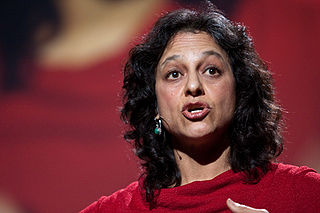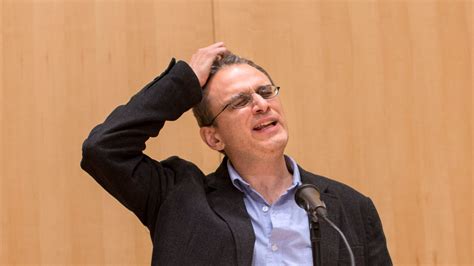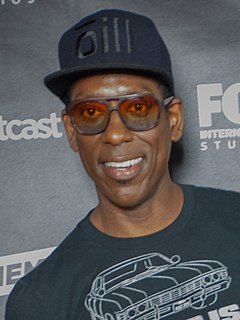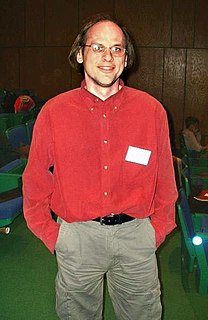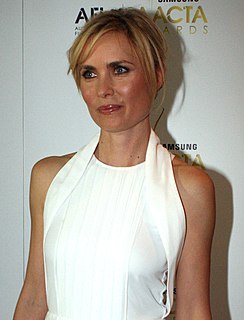A Quote by Paul Blackthorne
We judge people by their appearance so quickly, and we form opinions about people, compartmentalize people, and think we know who they are. But if you sit down and talk with someone for more than 10 minutes, you'll find something in common, no doubt whatsoever.
Related Quotes
People concentrate, particularly for their own purposes, on dividing people, and it's just not necessary. If you actually spend time with somebody, in 10 minutes, you'll find something in common, and it's powerful when you do. When you find you've got something in common with somebody, all of a sudden, you're friends.
There's no doubt about it: fun people are fun. But I finally learned that there is something more important, in the people you know, than whether they are fun. Thinking about those friends who had given me so much pleasure but who had also caused me so much pain, thinking about that bright, cruel world to which they'd introduced me, I saw that there's a better way to value people. Not as fun or not fun, or stylish or not stylish, but as warm or cold, generous or selfish. People who think about others and people who don't. People who know how to listen, and people who only know how to talk.
When you're starting out as an actor people are very interested in who you are because they want to know where they can put you. And quite often, and we're all guilty of this is our lives, we judge very quickly and we pigeon-hole people very quickly based on how they look and how they talk and how they dress and we think: "Oh yeah, we know who you are."
One of my colleagues likes to say that, mathematics is the - he thinks about the only subject that he knows in academia or in the real world where if two people disagree about something - if people are studying some mathematical object and there's supposed to be a proof and they disagree about whether this proof or not, the will go into a room, sit down and talk about it and fairly quickly or at the end of the day one of them will admit they're wrong.
I feel like people have more in common than the news reports. People getting along doesn't sell very well in the news. I find that to be deeply depressing. I don't even talk about it on stage, because it would take too long to explain. I'd have to spend an hour on it to get people to understand what I'm saying because it's so instantly polarizing. Because cable news has kind of set up a construct where you're for or against something immediately. So if I said something about it, people would be for or against me immediately. And I don't want that.
I was tied down in that chair for 10 minutes and experienced what it was like to be completely powerless while someone else has complete dominance. It's sadistic, even though I find Richard to be a really lovely human being. That's what the whole film "Tickled" is about. It's not a film about tickling, but I think tickling offers a really good visual metaphor for the much bigger ideas that we were trying to get at about power and control - by people who have a lot of money - over people without money and who have no power in the relationship.


